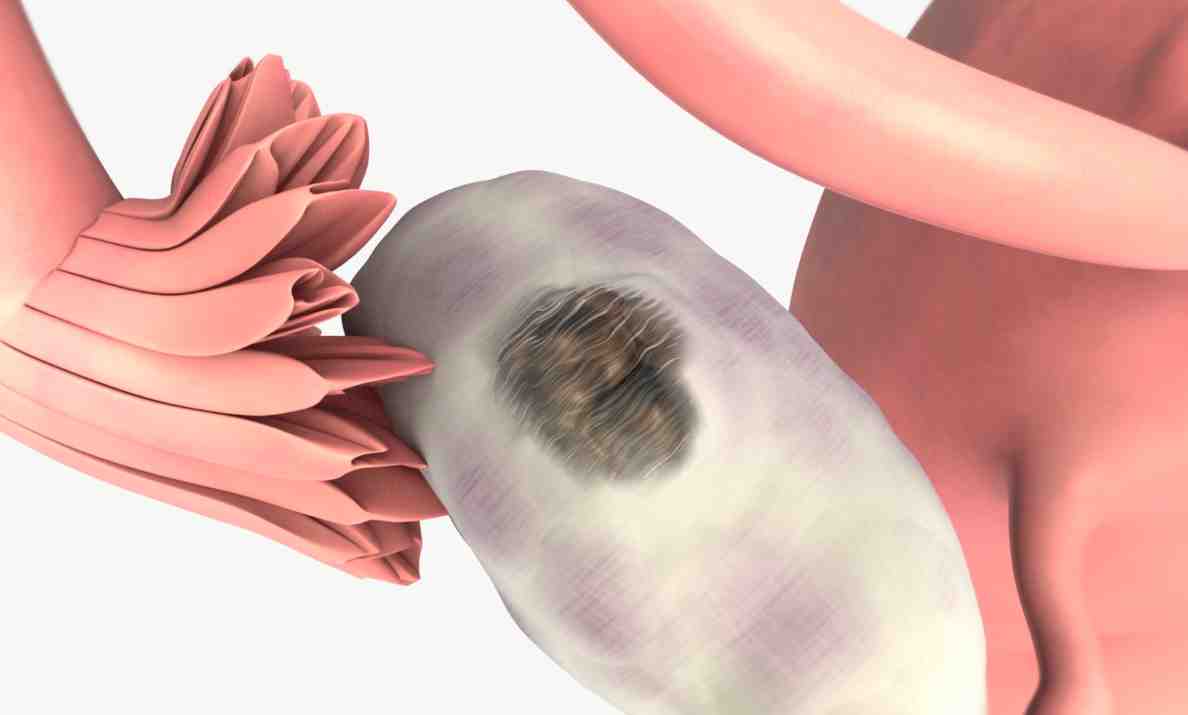- Irregular or skipped menstrual periods
- Obesity and difficulty controlling weight gain
- Male pattern hair growth
- Acne and other chronic skin conditions
- Dark brown or black patches on the skin
Polycystic Ovary Syndrome and Infertility
PCOS is the most common hormonal abnormality causing infertility in women. It affects fertility by suppressing ovulation. Egg follicles may begin to mature but do not ovulate or release the egg into the fallopian tube. These follicles remain as cysts in the ovaries. In women with PCOS, the ovaries also produce excessive amounts of testosterone (male hormone) that can lead to acne and hair growth. In the fat cells, testosterone is converted to estrogen, leading to excessive buildup of the uterine lining which may contribute to heavy or irregular bleeding.Fertility Treatment for PCOS
High levels of insulin associated with obesity interfere with ovulation and also worsen PCOS symptoms. Minimizing insulin resistance via a healthy, safe weight loss regimen is a common first step for patients with PCOS who want to make conception more likely. Insulin regulating medications may also be prescribed. Some women are able to begin ovulating more normally at this point and may be able to conceive naturally.Fertility enhancing drugs such as Clomid, Metformin and gonadotropins may be used to stimulate ovulation. This approach is tried after other potential causes of infertility have been ruled out. In-Vitro-Fertilization can also be used for some women with PCOS. by: Dr. John Jain
